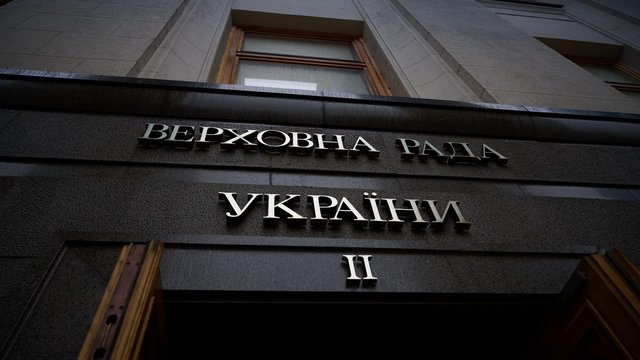Parliament passes Defence City special regime laws

The Verkhovna Rada in the second reading and in general has upported bills No. 13420 (amendments to the Tax Code) and No. 13421 (amendments to the Customs Code) to implement the Defence City concept.
According to the online broadcast on YouTube, hosted by People's Deputy Oleksiy Honcharenko (European Solidarity faction), the decision to adopt bill No. 13420 was supported by 260 parliamentarians, and for bill No. 13421, people's deputies cast 258 votes (with the required minimum of 226 votes).
"In the end, we supported our defense-industrial complex so that it would become one of the top five in the world in terms of arms export supplies. Make Ukrainian Defense Industry Great Again. Thank you all," Danylo Hetmantsev, head of the parliamentary committee on finance, tax and customs policy, commented on the voting result in Telegram.
He added that this special regime is the foundation for the development of the Ukrainian defense-industrial complex, which will not only strengthen the defense capability of the state, but also create new opportunities for investments, technologies and jobs.
Hetmantsev recalled that before the second reading, the documents had been significantly revised. That is why the Defense City legal regime is being introduced until January 1, 2036 (or until Ukraine joins the EU), and instead of a list of defense industry enterprises, a Defense City register is being created under the management of the Ministry of Defense.
In addition, clear rules have been developed for residents: status, conditions for obtaining it and control, which are determined by the law "On National Security of Ukraine."
It is also assumed that the share of qualified income of a resident should be from 75% (for aircraft manufacturing - from 50%)
Regarding the instruments of support for residents of the regime, they will be provided with tax benefits (exemption from income tax subject to reinvestment, land, real estate and eco-tax), simplified customs procedures and export control of military goods, the possibility of the NBU establishing the features of currency supervision, as well as support for the relocation and improvement of the security of production facilities.









